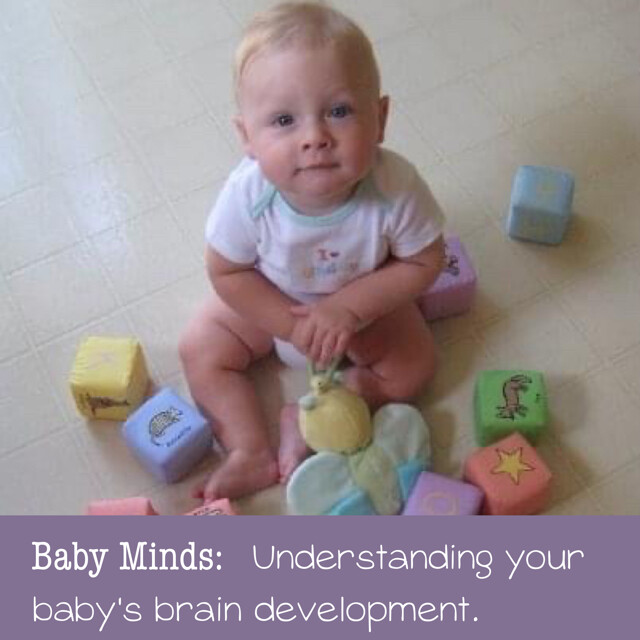
How could singing to an infant or blowing a dandelion under a toddler’s nose encourage her intellectual growth? From birth, babies are constantly absorbing information and are stimulated by the world around them, basically, the environment into which a child is born begins to sculpt the brain in ways that will have long-lasting implications for its owner’s future. Children have untapped developmental potential – potential that can be realized through fun interactions and challenging experiences during the earliest years.
Their brains are like blank slates, and every piece of information they assimilate is stored and used like building blocks. According to scientists, babies’ brains light up like a Christmas tree as they process everything they see, hear, touch, smell and taste. Every stimulus received by a neuron sends an electrical impulse that relays messages to brain cells to sort and manage the data received.
Since these younger years are so crucial to brain growth and development, as a parent you may wonder how you can help your baby make the most of this time? Well, that is exactly where I can help you! I have gathered some very simple tasks and ideas for you that you can begin using as soon as your baby is born. Also, because each experience builds upon another – you can modify these activities to suit your baby right up until they are two or three years old.
Did you know that by the age of five ninety percent of brain growth is achieved? As a baby’s brain grows larger, dramatic changes take place in their ability to learn. Their memory becomes more functional, their language begins to develop, and their thinking skills are being continually refined.
The more you understand about the optimal times for development, the more you will be able to help your child’s brain get the stimulation it is seeking. Here are some key developmental windows in young children:
Social Attachment (0-18 months)
Research has shown that the emotional foundations a child builds during their early months and years has a profound effect on relationships throughout their life. Positive social experiences during the first 18 months are crucial to establishing trusting relationships.
Motor Skills (prenatal-4 years)
There is so much motor development that has to occur after a baby is born; just think about all that needs to happen before a child will be running, jumping, climbing and riding a bike! Fortunately, the brain is very generous in the time it allows for optimal growth – that is why those infants that are carried on cradle boards during the first year or two of life have no trouble catching up with their peers once given the opportunity to practice walking.
Speech and Vocabulary (0-3 years)
A child’s first 3 years are the most critical for learning language. The sounds, syllables and tonal qualities that they hear over and over will establish in their brains and they will begin to emulate and understand words and phrases. The more you speak to your baby, the more language he or she will learn. Imagine the head start that signing with your infant will give your baby!
Math and Logic (1-4 years)
Math and logic skills come into play at ages 1-4. Here the child develops problem solving skills, counting and logic. Parents can support this stage of learning by encouraging play with stackable blocks, counting, puzzles and other stimulating toys and games. This equips a child with reasoning skills that can help them keep up with such concepts at school.
Music (3-12 years)
Learning a musical instrument is optimally mastered from age 3 to 12. By age 3 most fine motor skills have been developed. While you can learn an instrument at any age, the older you are, the more difficult it is to grasp. Children are able to develop solid neural foundations during this age bracket which enables them to truly master the theory, skill and motor functions required to play an instrument expertly.
Conclusion
Your baby’s first years are fundamental for building a solid base of concepts, actions and connections. The neurons in their brains are constantly making connections and building networks to relay messages, store data and understand the world around them. It may seem like a daunting task especially for first time parents but you can easily stimulate your baby’s brain development. Make use of this time to present your child with opportunities that appeal to their senses and stimulate their brains!
Much of the information found in this blog post is from the book 'Baby Minds: Brain Building Games Your Baby Will Love' by Linda Acredolo Ph.D. and Susan Goodwin Ph.D.
Click on the link to learn more and to join my FREE 3 day (3 part) challenge called The Baby Minds Challenge
Here is a brief introduction to the Baby Minds Challenge




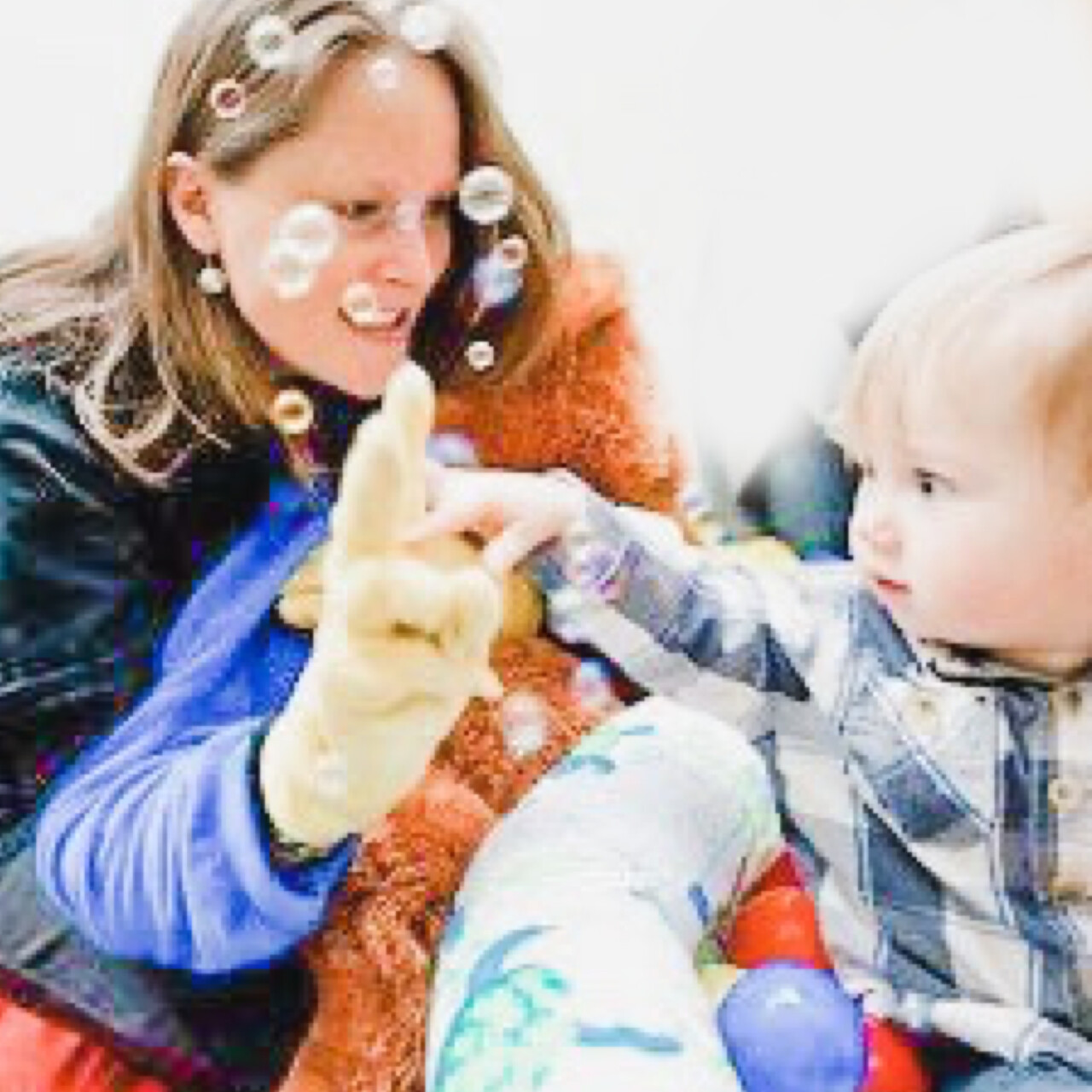
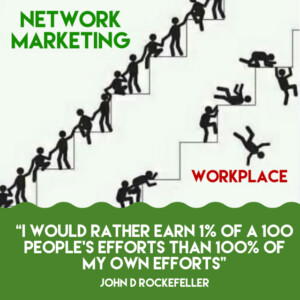
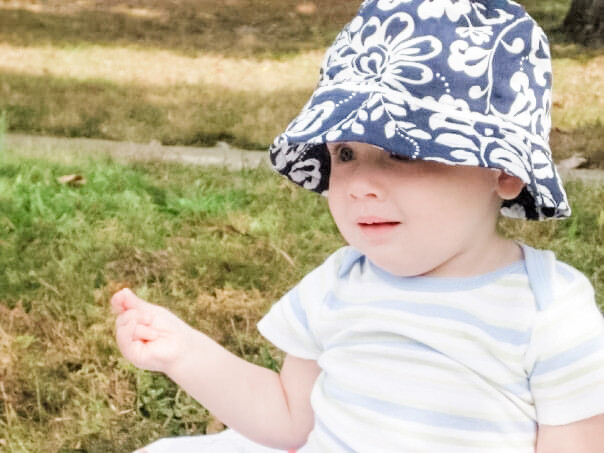


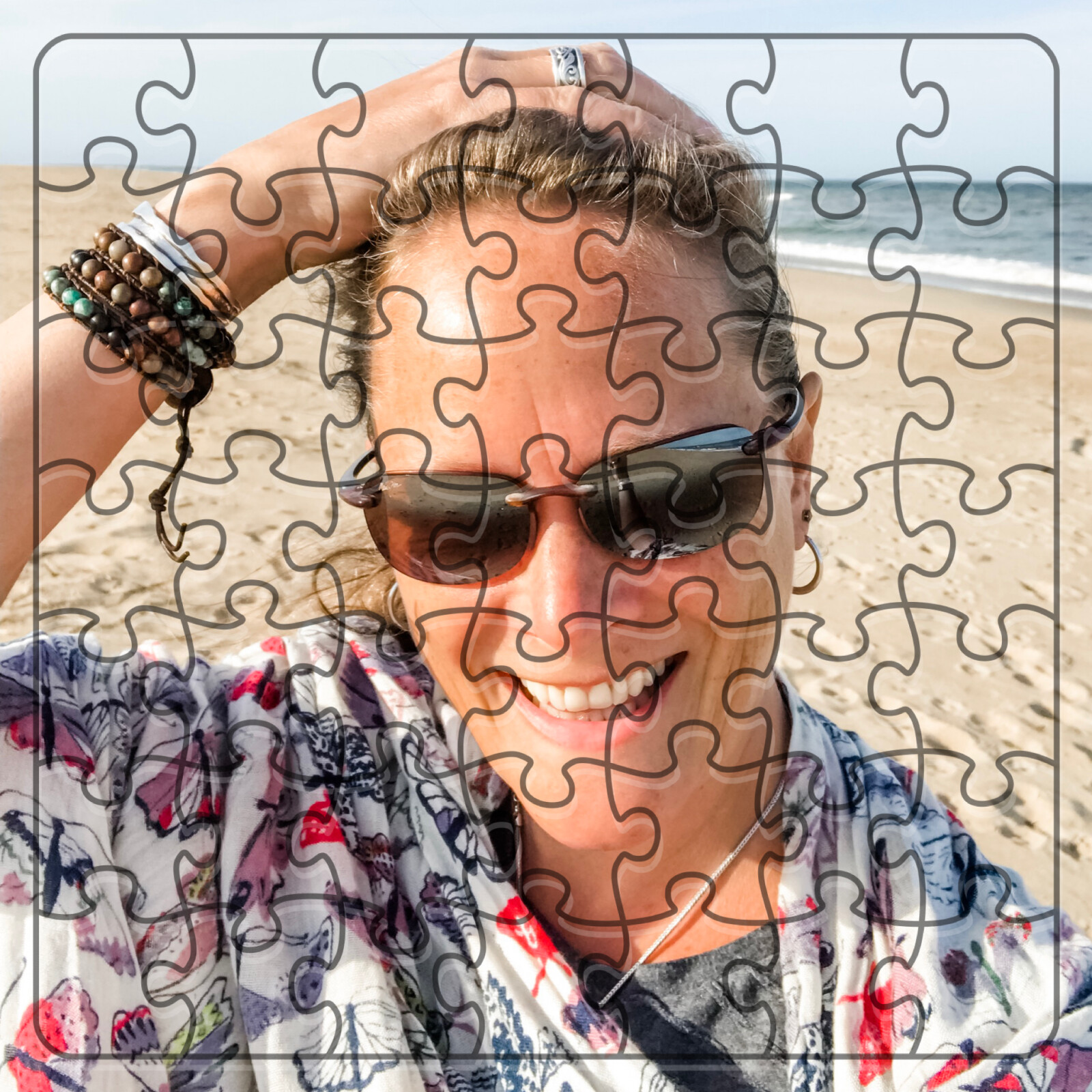
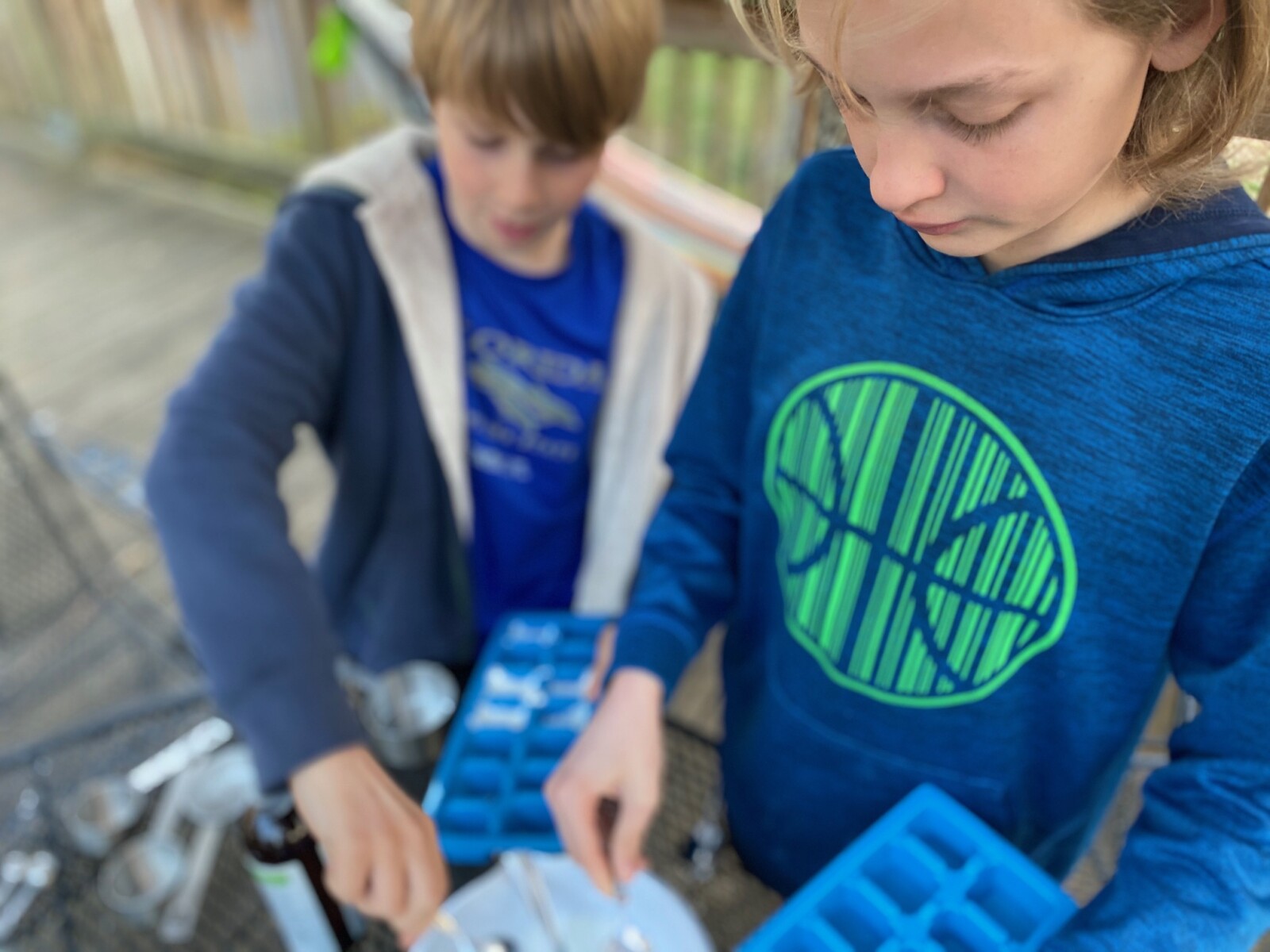

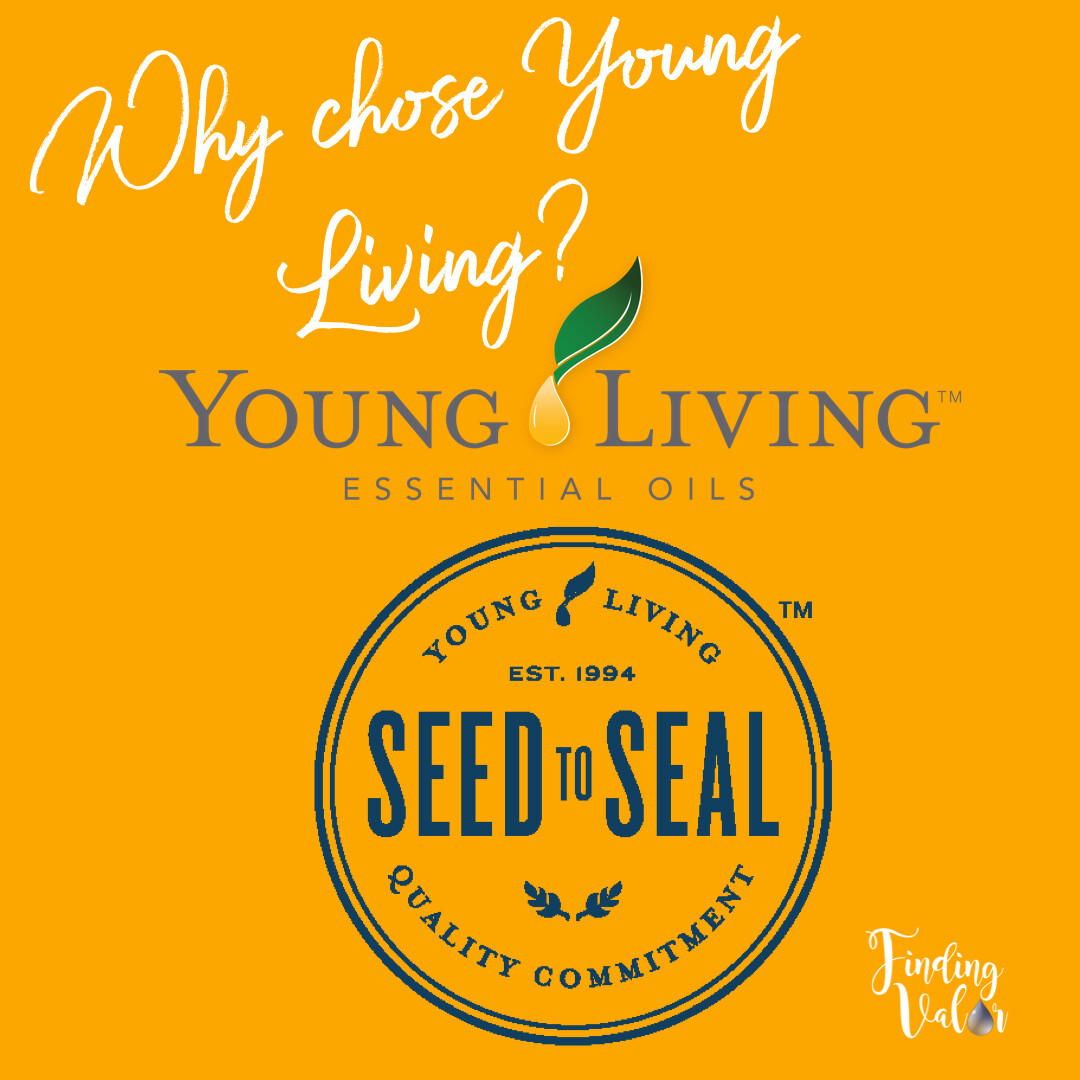
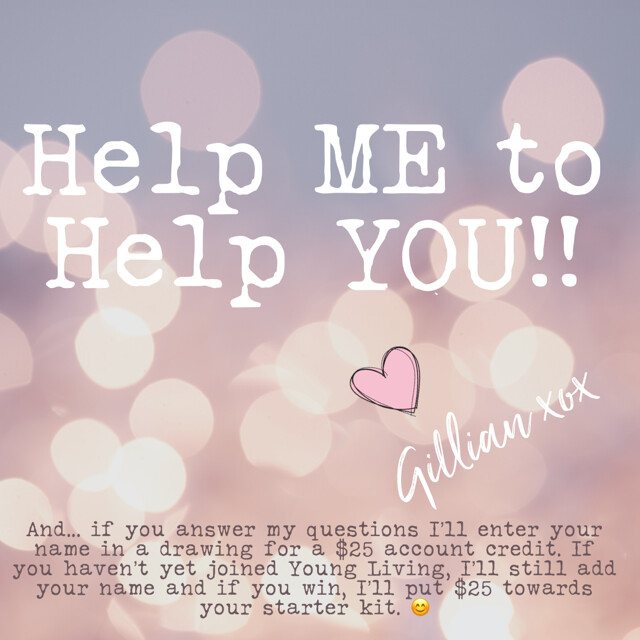
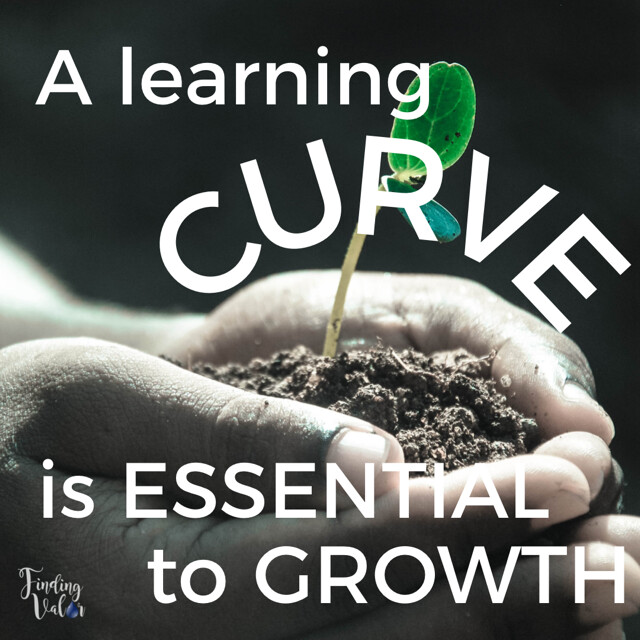
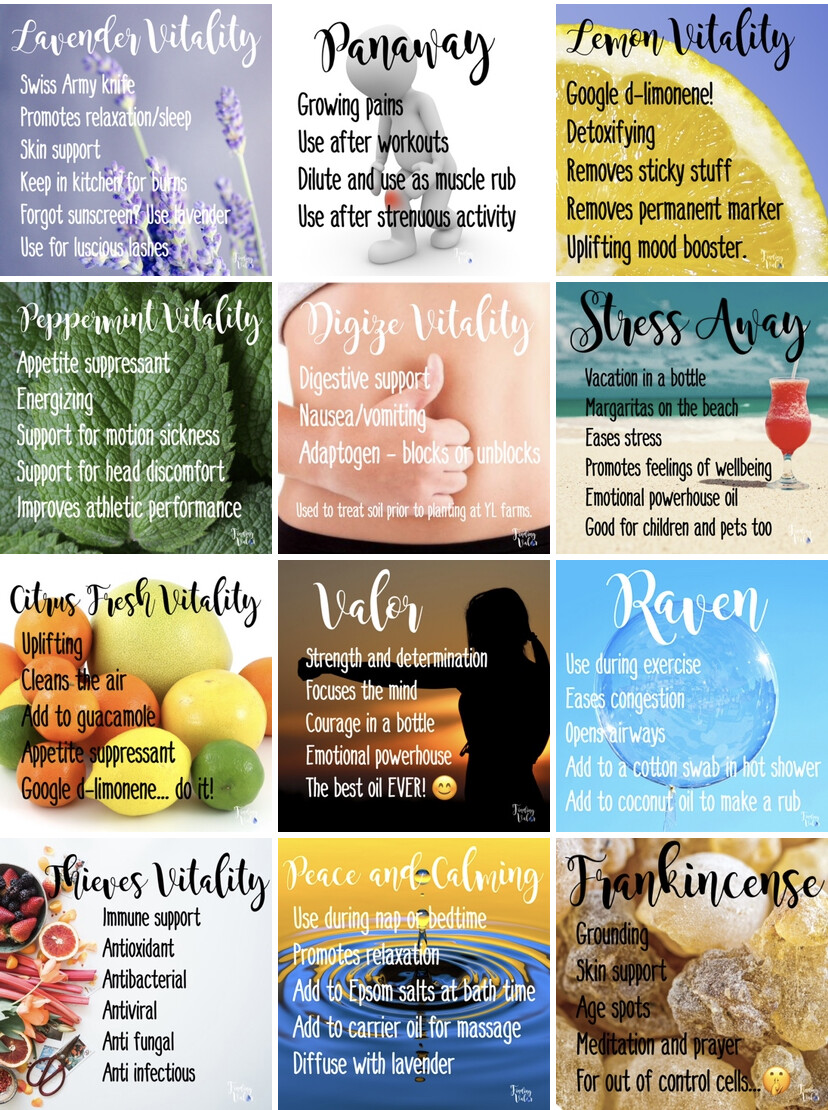


0 Comments